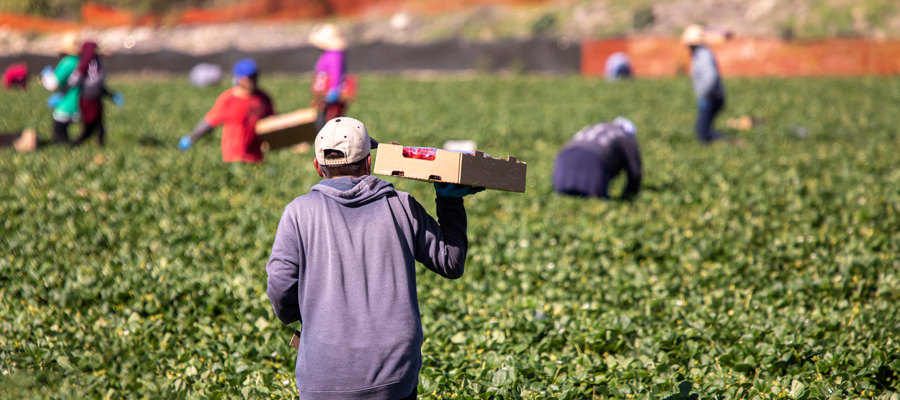Refuting the tired claims of those opposed to minimum wage increases
In a Vancouver Sun opinion piece, Laura Jones of the Canadian Federation of Independent Business warns against minimum wage increases, calling it “Fa-la-la economics”.
Perhaps it’s not the season to be so Grinch-like.
Jones is right about one thing – the minimum wage is not a magic cure for our economic woes. No one has ever suggested it is.
But it is an essential piece of what should be a comprehensive poverty reduction strategy.
Jones claims that past increases in the minimum wage have not reduced poverty. But how could they, when past increases have been too small and too late. At $10.25 an hour, BC’s current minimum wage is too low to reduce the poverty rate. Someone working full time and full year at that wage would still earn less than the poverty line for a single person. A single mom in a minimum wage job brings home 32% less than the poverty line. However, even those inadequate increases have reduced the depth of poverty, meaning they have brought low-wage workers up a little closer to the poverty line.
The claim that minimum wage increases will kill jobs is old and tired, and has been firmly refuted. A recent CCPA study that closely examined the history of minimum wage increases across Canada since the early 1980s found there is no consistent connection between higher minimum wages and employment levels. Instead, the research concludes that, “Employment levels are overwhelmingly determined by larger macroeconomic factors. In the few instances where an empirical connection between minimum wages and employment outcomes is found, it is almost as likely to be positive as negative. In other words, higher minimum wages could just as easily result in stronger employment performance (not weaker).”
Business lobby groups never like increases in the minimum wage. Every time one is contemplated, we hear the same complaints that it would ruin small businesses. But when the minimum wage is finally raised, the sky does not fall. Experience teaches us that the minimum wage is a marginal factor when it comes to employment.
But minimum wages do matter to poverty reduction. Most poor people in British Columbia aren’t on social assistance. Rather, they are working in the low-wage labour market. One third of poor children in BC have a parent working full time in the paid labour market.
When Jones rejects minimum wage increases in favor of alternatives such as housing and food subsidies, she is effectively suggesting that taxpayers should subsidize businesses that pay poverty level wages.
A comprehensive poverty reduction plan needs to have many elements, including some Jones proposes. But we all have to do our part – including employers.
Jones is also wrong when she says, “Most workers who benefit from a minimum-wage increase do not live in poor households.” 6.4% of British Columbian workers earn the current minimum wage (or less). Almost half (47%) of those workers are over 25 years of age. And 43% work full time. 55% of minimum wage workers have been in the same job for over a year, and 46% work for large corporations with over 500 employees.
And of course, many more workers (a majority of them adults) have wages in between the current $10.25 minimum wage and the proposed $15. So the whole “teenagers working part-time” line is a myth.
The time is right to contemplate a bold policy move. Seattle and San Francisco have committed to $15 wages, and LA just voted in a $15.37 minimum wage for workers in large hotels.
Finally, Jones’s presumption that unions only support an increase in the minimum wage for their own self interest is deeply cynical, and plain wrong. Notably, since the last rise in the minimum wage, many unionized workers have been held to zero wage increases. But the simple truth is that most of the labour movement subscribes to a social-union orientation that they have a duty to advance the interest of all workers, particularly the most vulnerable such as farm workers and low-wage workers, regardless of whether they have the good fortune to belong to a union.
Topics: Economy, Employment & labour, Poverty, inequality & welfare


